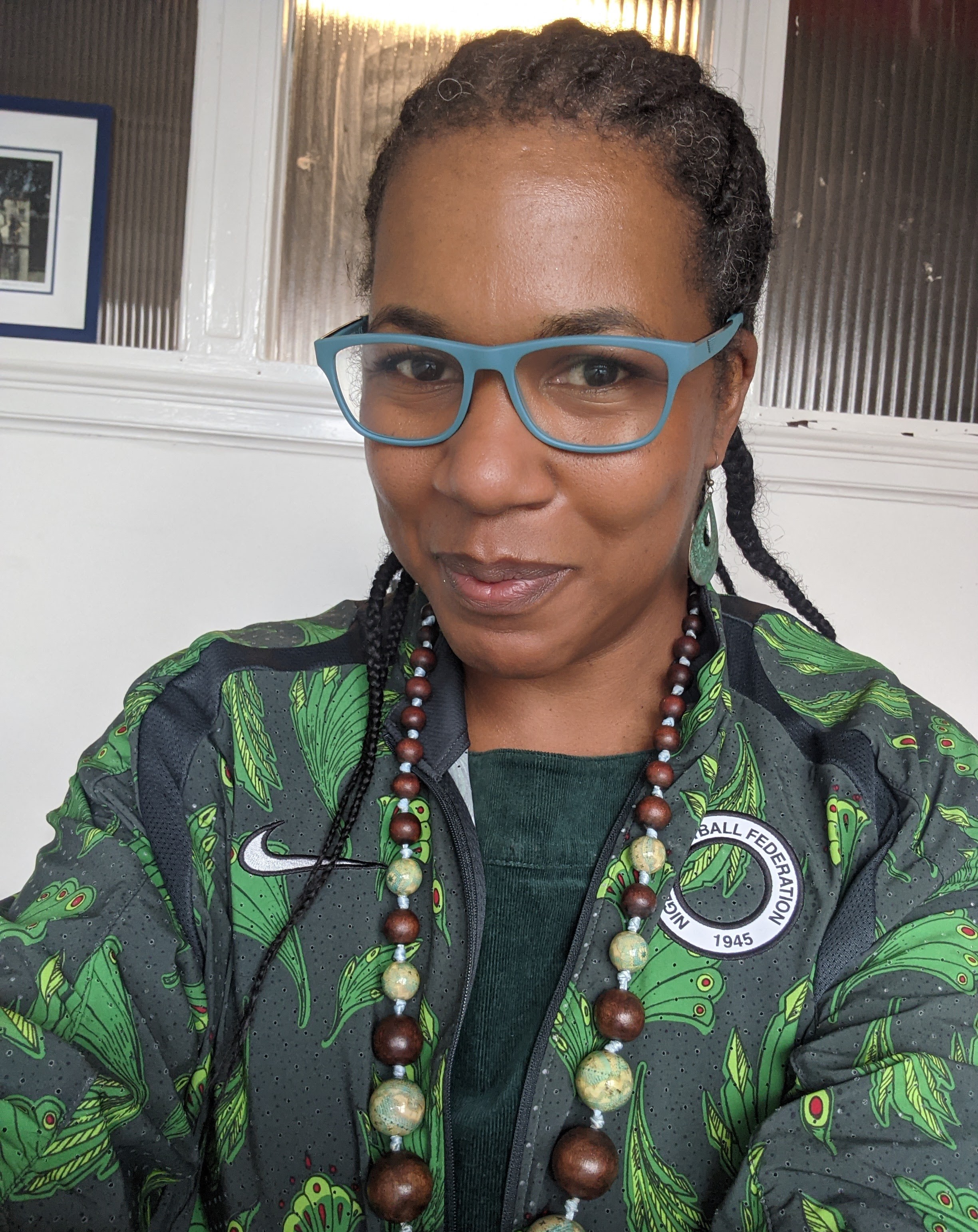In 2012, the Philippines passed a landmark act, the Responsible Parenthood and Reproductive Health Act (RH), which is supposed to guarantee universal access to various contraceptive methods, fertility control, sexual education, and maternal care. Still, HIV rates and teen pregnancies have continued to rise. One major reason that these guarantees have not come to fruition is that towns in the Philippines are figuratively and literally islands, so the responsibility of implementation largely falls on fragmented local leadership.
Amina remarked, “The Philippines has a ton of really great and progressive laws – the problem is always with their implementation.” To tackle the gap in enforcement, ROH created Municipal Implementation Teams, which are involved in local-level legislation discussions to ensure that existing reproductive health programs are enforced. These teams identify and engage local government stakeholders including health boards, departments of education, and elected officials by offering them training on adolescent health issues. The learnings from these trainings can then be disseminated to healthcare staff and teachers or considered in new budgets and policies.
As the only reproductive health organization in Palawan, ROH institutionalizes sexual health education and services through a mix of legislative support, training, and mentoring for stakeholders across communities. Roots of Health’s pillars of education, services, and systems collude to tackle the visible and invisible effects of misinformation and stigma surrounding sexual and reproductive health.






